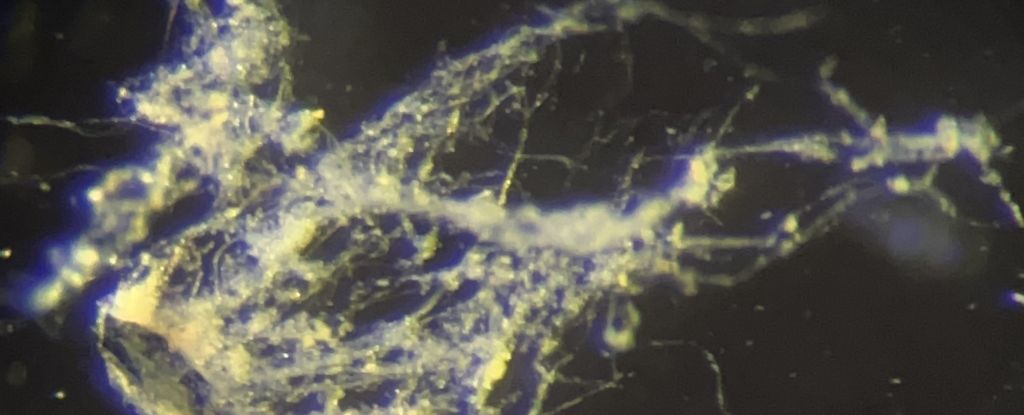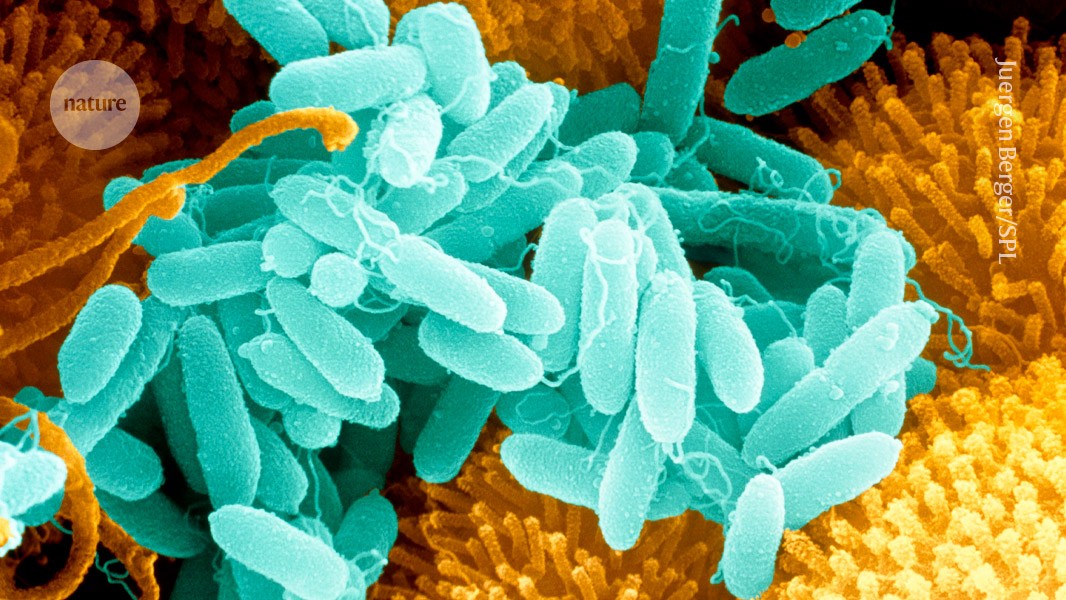5 blue-state Republicans willing to sink tax bill over state, local deduction
A block of five Republicans from suburban districts is setting itself apart from the larger group of Republicans who want to raise the controversial state and local tax (SALT) deduction cap. The lawmakers are saying they’re prepared to vote no as a group on the wide-ranging tax and spending cut package key to President Trump's...

A block of five Republicans from suburban districts is setting itself apart from the larger group of Republicans who want to raise the controversial state and local tax (SALT) deduction cap.
The lawmakers are saying they’re prepared to vote no as a group on the wide-ranging tax and spending cut package key to President Trump's agenda if they don’t get the raise they want.
The group consists of Reps. Andrew Garbarino (N.Y.), Nick LaLota (N.Y.), Mike Lawler (N.Y.) Young Kim (Calif.) and Thomas Kean (N.J.) — Republicans from wealthier suburban districts of major U.S. metropolitan areas, where higher property taxes make the increased cap especially valuable to taxpayers.
“Those are the five of us who are most SALT-y, most resolved to withhold our votes until we get an accommodation from our party,” LaLota told reporters on Tuesday. “Folks who are on the peripheries of that have a voice, but we’re the ones who are willing to vote no if the time requires it.”
“The five of us have discussed our own different needs … but we recognize that our strength is in numbers, and the more we’re able to stick together, the more we’ll be able to answer the call for all of us,” he added.
Garbarino listed the same five Republicans as LaLota did Tuesday, saying the group is “really sticking together on this” since their districts have a similar makeup and stand the most to lose from a lower cap.
He added that Rep. Elise Stefanik (R-N.Y.) — who was President Trump’s pick for United Nations ambassador before she withdrew earlier this year and who said over the weekend that she was “strongly considering” running for New York governor — has become engaged on the issue.
“She voted no against the tax package because of SALT ten years ago, and she’s been involved in discussions. She understands that this is a big issue for New York, and she wants to see it righted,” Garbarino told The Hill.
The group of five is set apart from other SALT caucus members from both parties, including Reps. Josh Gottheimer (D-N.J.), Nicole Malliotakis (R-N.Y.) and Tom Suozzi (D-N.Y.). Malliotakis is from a New York City district that has a different property tax scheme from the one in the suburbs that makes a higher SALT cap more desirable, LaLota said.
“The New York suburbs … just require a higher cap and more SALT,” he said.
Suozzi and Gottheimer are also unlikely to vote for a tax bill attached to Trump's broader legislative agenda, which includes steep spending cuts to social safety net programs.
Garbarino said the group isn’t seeking a complete revocation of the cap, as was the case prior to Republicans’ 2017 tax law, due to the fact that the alternative minimum tax (AMT), which is a separate tax provision, kicks in at a level that makes an unlimited SALT deduction unnecessary.
“We do agree that a cap is necessary,” he said. “You don’t need unlimited, because … AMT is going to step in and hit people that would be benefitted by unlimited anyway.”
LaLota said Tuesday that the suburban SALT block had discussed and agreed to a floor for the cap increase below which they would vote no on the GOP bill, though he declined to say what that number was.
Republicans on House committees are meeting this week and next to decide on specific tax provisions and budget cuts that they want as part of their “big, beautiful bill,” to be passed through reconciliation, a procedure that allows a party-line vote and avoids a potential filibuster from Democrats in the Senate.
The most contentious markups — which are set for the Agriculture and Energy and Commerce committees, along with the tax-writing Ways and Means Committee — haven’t happened yet.
The Energy and Commerce Committee is instructed to reduce the deficit by $880 billion, much of which is expected to come from Medicaid, and the Agriculture Committee is instructed to reduce the deficit by $230 billion, which could come from the food stamps program meant to help poorer Americans.
The Ways and Means Committee is working to extend the $4.6 trillion Trump tax cuts while working in a number of additional tax cuts promised by President Trump while campaigning last year. They are instructed not to add more than $4.5 trillion to the deficit, making their task a difficult one, though they are expected to be helped by adjustments to the accounting baseline in the Senate.









































































.jpg?width=1200&auto=webp&trim=0,0,0,0#)



